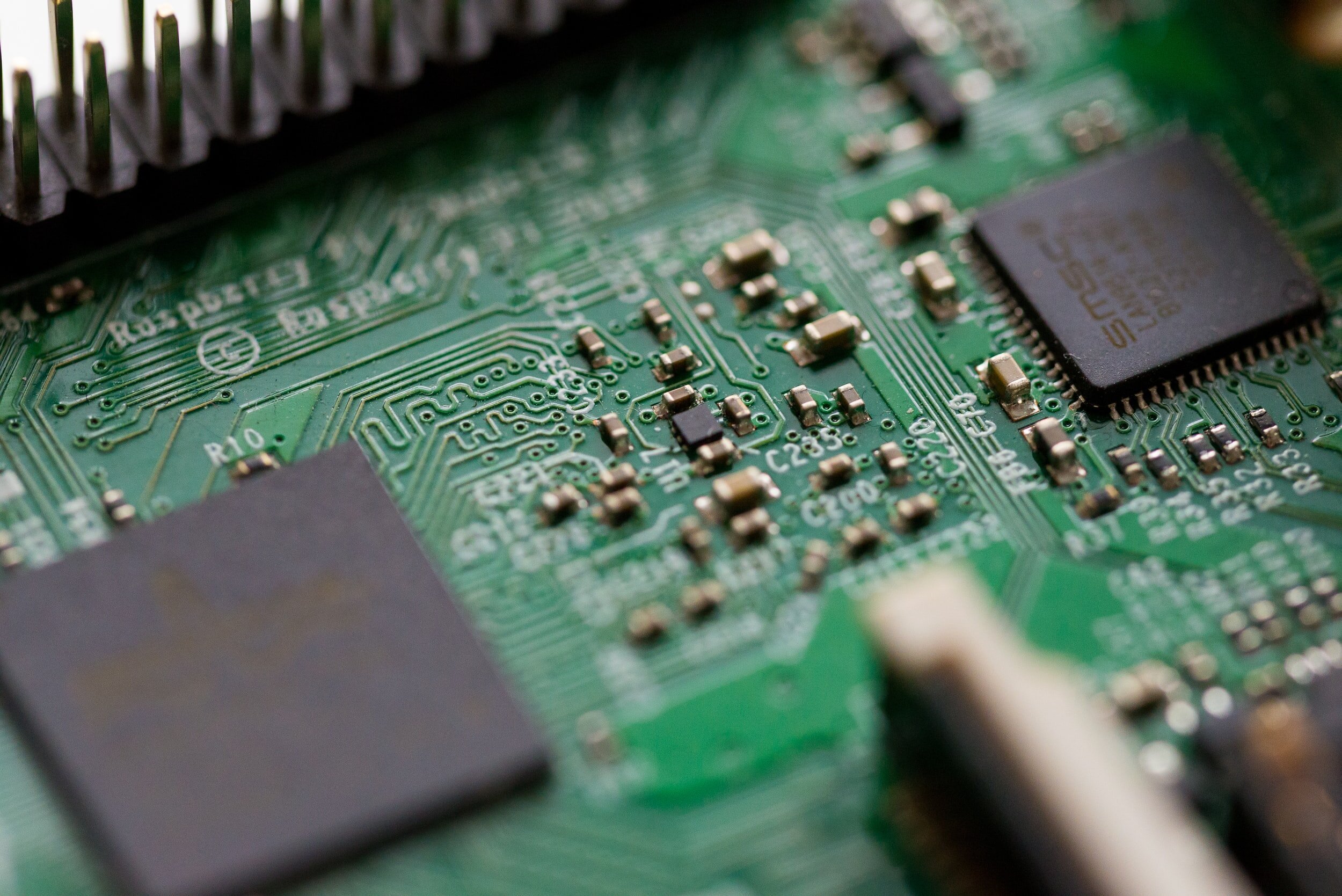How are cigarette butts polluting Lake Ontario?
Let’s talk about what happens when cigarette litter ends up in our local waterways
By Hung Phan
Throwing cigarette butts on the ground is one of the last “socially accepted” forms of littering, but what’s the big deal? Cigarette butts may be small but they can be extremely harmful to the environment, especially when you consider that 4.5 trillion cigarette butts are littered every year.
Though they don’t look like plastic, most cigarette filters are made up of thousands of tiny plastic microfibres. When someone “flicks” a cigarette butt onto the ground, what they’re really doing is littering plastic, nicotine, heavy metals and other chemicals into the environment.
Cigarette litter can eventually make its way into our local waterways through storm drains, which leaves our water vulnerable to pollution.
Photo by A Greener Future volunteer, Eilish Neilly
What’s In a cigarette butt?
In a study done by Keep America Beautiful, 77% of people surveyed reported that they did not believe that cigarette butts are litter. There are several reasons why people might litter cigarette butts. Some people may believe that they are biodegradable, others may lack access to ashtrays, and others may litter cigarettes by force of habit.
Regardless, not only are cigarette butts non-biodegradable, but they also pose great risks to our natural environment. Cigarettes contain well over 7000 chemicals where 250 are known to be harmful, and 69 are carcinogenic. When smoked, these chemicals are collected by the cigarette butt, which functions as a filter. It captures some of the chemicals in the smoke, tobacco, and tar, preventing them from entering the lungs and mouth. As such, cigarette butts contain a considerable amount of toxins. When they end up in our environment, these chemicals can gradually leach into our waterways and are then absorbed by fish and other marine animals. Furthermore, bits of tar and tobacco are also released, and they are many times more toxic than the filter itself.
Small, but powerful in numbers
Cigarette butts might seem harmless, but when we take a look at the number collected from oceans and lakes around the world, we can begin to see the scale of the problem. According to a report from the Truth Initiative, in 2019 alone, there were more than 4.2 million cigarette butts collected on beaches and waterways around the world. However, the true number of cigarette butts littered around the world is expected to be much higher.
Furthermore, a study conducted by San Diego State University found that the chemicals released by cigarette butts are toxic to fish and certain marine animals. The research found that one cigarette butt soaked in a litre of water for 4 days is lethal enough to kill 50% of test fish exposed to cigarette butts leachates.
Ultimately, we still need more research to understand the true extent of the impact on the freshwater and marine environment as a whole.
Cigarette butts picked up by A Greener Future volunteers during the Spring 2021 Butt Blitz.
Aside from leached chemicals, the cigarette butt itself is a source of pollution. Contrary to common perceptions, cigarette butts are made up of plastic called cellulose acetate. Each butt can be made up of around 12,000 fibre strands of cellulose acetate. Once entered into the environment, exposure to the natural elements (e.g. water, sunlight, air) can break them down into smaller bits called microplastics, which can be ingested by small organisms at the bottom of the food chain.
For humans, the concern doesn’t stop at the harm to marine animals but also the fact that the seafood we consume may contain traces of microplastics from cigarette butts. In addition, larger fish, birds and mammals can mistake cigarette butts for food because of their small sizes. The stomachs of these animals can fill up with plastic, making them feel full without providing any nutritional benefit. Over time, these animals may die of starvation. Not to mention, the chemicals will also hasten their health deterioration.
“it’s not just the cigarette butt”
Volunteers working together to clean up Tommy Thompson Park. By Victoria DeBoer, volunteer.
Up to now, we’ve talked about cigarette butts being the source of the problem, and though this is true, there is also another aspect yet to be mentioned: habits and social attitude. Social attitude towards litter has changed drastically during the past decades and, now, littering is considered unacceptable in our modern society.
However, the same attitude doesn’t apply when it comes to disposing of cigarette butts. A study found that around 75% of surveyed smokers at one point or another simply dropped it on the ground or out of their car when they finished it. Apart from scientific studies, you can also observe around you and see for yourself how prevalent this behaviour is.
Where do we go from here?
We’ll start with the obvious. If you smoke cigarettes, don’t litter them! Hold onto your cigarette butts until you can dispose of them properly, or invest in a pocket ashtray. You may also want to collect your cigarette butts in a sealed, smell-proof container, and send them off to TerraCycle for recycling (it’s free!).
You can also volunteer with A Greener Future’s Butt Blitz - an annual campaign focused on cigarette litter cleanup and prevention in Canada.
















